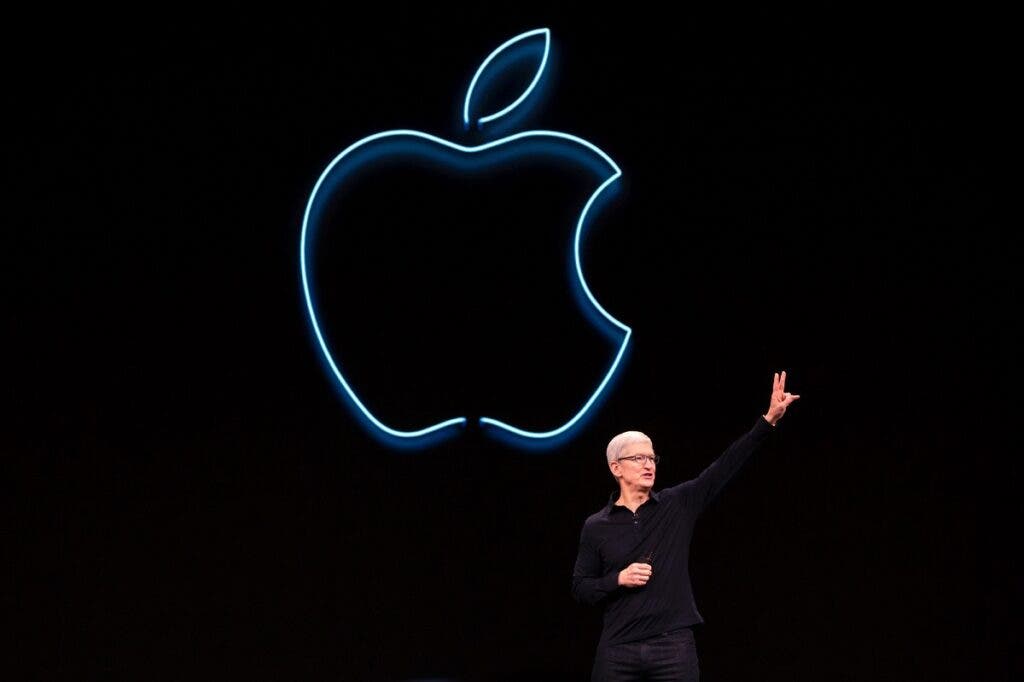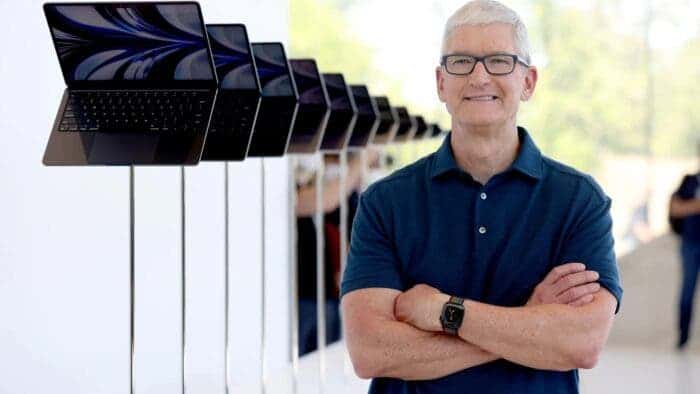Due to the high dependence of several brands on Apple, it has a strong bargaining power which it is now abusing. In 2021, Apple will kick out 34 Chinese companies, including OFILM, from the supplier list without warning. This resulted in a 90% drop in the profits of OFILM. Of course, it almost went bankrupt overnight. The logic is also very simple. It is because of the excessive “Apple dependence” that’s why Apple has absolute bargaining power. Although the price of raw materials has continued to rise due to the epidemic, Apple has used its bargaining power to ask for anything.

Be loyal or be kicked out
In addition to having absolute bargaining power, Apple is extremely demanding of suppliers. First of all, the company requires its own suppliers to be advanced in technology. A supplier can not change the configuration of their chip at will. The iPhone 14 series sapphire screen supplier, GTAT, has been supplying sapphire materials to Apple since 2013. However, during the cooperation period, Apple has been changing the product specifications of the sapphire screen. This not only strictly reduces production costs but also requires GTAT to be on time. A large number of sapphire screens that meet the requirements are produced. Eventually, GTAT was overwhelmed and shut down the plant.
In 2021, BOE will become Apple’s screen supplier and successfully receive orders for OLED screens worth 30 million for the iPhone 13 series. However, because BOE secretly changed the screen design, Apple terminated the screen order. It was not until the iPhone 14 series that BOE finally entered the Apple supply chain.
Gizchina News of the week
Apple outrightly rejects price raise
Since 2022, due to the successive price increases of various upstream chip key materials, such as photoresist and CMP slurry, the cost of chip foundry has risen significantly. TSMC will increase the price of chip foundry by 10%-20%. As the core user, TSMC gave Apple a VVIP price and only slightly increased the foundry price of A-series processors by about 3%. However, the company clearly rejects TSMC’s price increase request on September 26. The company even threatens to transfer the chip foundry orders to other foundries such as Samsung. Once Apple hands over the order to Samsung, TSMC will directly lose its largest customer of $14.8 billion. This is unbearable for TSMC. Due to market pressure, TSMC may withdraw its price increase request for the company.
Although suppliers can’t raise prices, Apple can ask you to lower prices.
Foxconn, Apple’s largest manufacturer, is responsible for most of the iPhone’s product assembly. It is also responsible for supplying OLED displays and glass bodies. With the continuous improvement of Foxconn’s status and the increasing irreplaceability, Apple began to “beat” its biggest followers. In 2016, the company asked suppliers to reduce their quotations by 20%. This was opposed by Foxconn, saying that such a price was unacceptable. It cut off Foxconn and distributed iPhone and AirPods orders to Pegatron, Luxshare, Wistron and other major foundries. In the end, Foxconn lost a lot of money and had to listen. In simple terms, if you want to do business with the Cupertino giant, you must be loyal.





